From Tsundere to Yandere: A Complete Guide to the 5 Types of Deres in Anime

In the colorful world of anime, characters often come with their own signature quirks, traits that endear them to fans and carve out a special niche in the hearts of viewers. Among these character archetypes, the 'Dere' types stand out as particularly captivating, each embodying a unique blend of personality traits that range from the sweetly shy to the obsessively love-struck. So, let's dive into the vibrant spectrum of Dere types, where we'll navigate the tsundere's icy exterior warmed by a hidden affection, to the yandere's dangerous devotion that can chill the spine. Along this journey, we'll decode the nuances of five distinct Dere personalities, discovering what makes each one tick, and perhaps, find a little bit of ourselves reflected in their animated eyes. Whether you're an anime aficionado or simply curious about these character dynamics, prepare for an exploration of love, attitude, and anime archetypes that might just leave you saying, "Notice me, senpai."
Five Types of Deres
Let's dive into the five main types of deres found in anime:
Tsundere
Tsundere is perhaps the most common dere archetype found in anime and manga. "Tsun" refers to the Japanese onomatopoeia "tsun tsun," which indicates turning away in disgust or anger. Tsundere characters have harsh personalities and openly show animosity towards their love interest. But if their love interest compliments them or shows any appreciation for them, tsundere characters will become shy and embarrassed.
Some famous tsundere characters include Kagami Hiiragi from Lucky Star, Rin Tohsaka from Fate/Stay Night, Asuka Langley Soryu from Neon Genesis Evangelion, and Kyo Sohma from Fruits Basket.
Oftentimes, tsundere characters choose to be standoffish or defensive to hide their embarrassment while secretly feeling happy that they were noticed. Some tsundere are known for becoming comically violent when embarrassed by their love interest.
Yandere
Yandere characters can be described as "sickly sweet." "Yan" comes from the Japanese word "yanderu," meaning "sick." Yandere characters have a sweet, loving personality but can become dangerously possessive and even violent towards their love interest if they feel threatened or jealous.
Some famous yandere characters include Eris Boreas Greyrat from Mushoku Tensei, Mary Saotome from Kakegurui, Lelouch Lamperouge from Code Geass, and Tamaki Suoh from Ouran High School Host Club.
Kuudere
Kuudere characters are often seen as cool, calm, and collected. "Kuu" comes from the Japanese word "kuuru," meaning "cool." Kuudere characters tend to be emotionless and logical, often coming across as cold or distant.
Some famous kuudere characters include Rei Ayanami from Neon Genesis Evangelion, Nagato Yuki from The Melancholy of Haruhi Suzumiya, and Ayanokouji Kiyotaka from Classroom of the Elite.
Dandere
Dandere characters are often shy and introverted. "Dan" comes from the Japanese word "danmari," meaning "silent." Dandere characters tend to keep to themselves and have trouble expressing their feelings, but they can become more outgoing and talkative around people they feel comfortable with.
Some famous dandere characters include Chiyo Sakura from Gekkan Shoujo Nozaki-kun, Rinko Yamato from Ore Monogatari, Hotaru Ichijo from Non Non Biyori, and Kouko "Roboko" Kaga from Golden Time.
Himedere
Himedere characters are often seen as princess-like. "Hime" comes from the Japanese word "himegimi," meaning "princess." Himedere characters tend to act entitled and demand attention and respect from those around them.
Some famous himedere characters include Noelle Silva from Black Clover and Ciel Phantomhive from Black Butler.
Conclusion
In conclusion, dere types are a common archetype found in anime and manga, with each type displaying unique characteristics and behaviors. Tsundere characters are known for their harsh personalities that soften when they receive compliments or attention from their love interests. Yandere characters have a sweet demeanor but can become dangerously possessive and violent when feeling threatened. Kuudere characters maintain a cool, calm, and collected appearance, often coming across as emotionless. Dandere characters are shy and introverted but can open up around those they feel comfortable with. Finally, himedere characters act entitled and demand attention and respect from others.
Understanding these different types of deres can help you better appreciate the intricate character development found in anime and manga. Whether you're watching a new show or rewatching a favorite, keep an eye out for these five main dere types and see if you can spot them in action.










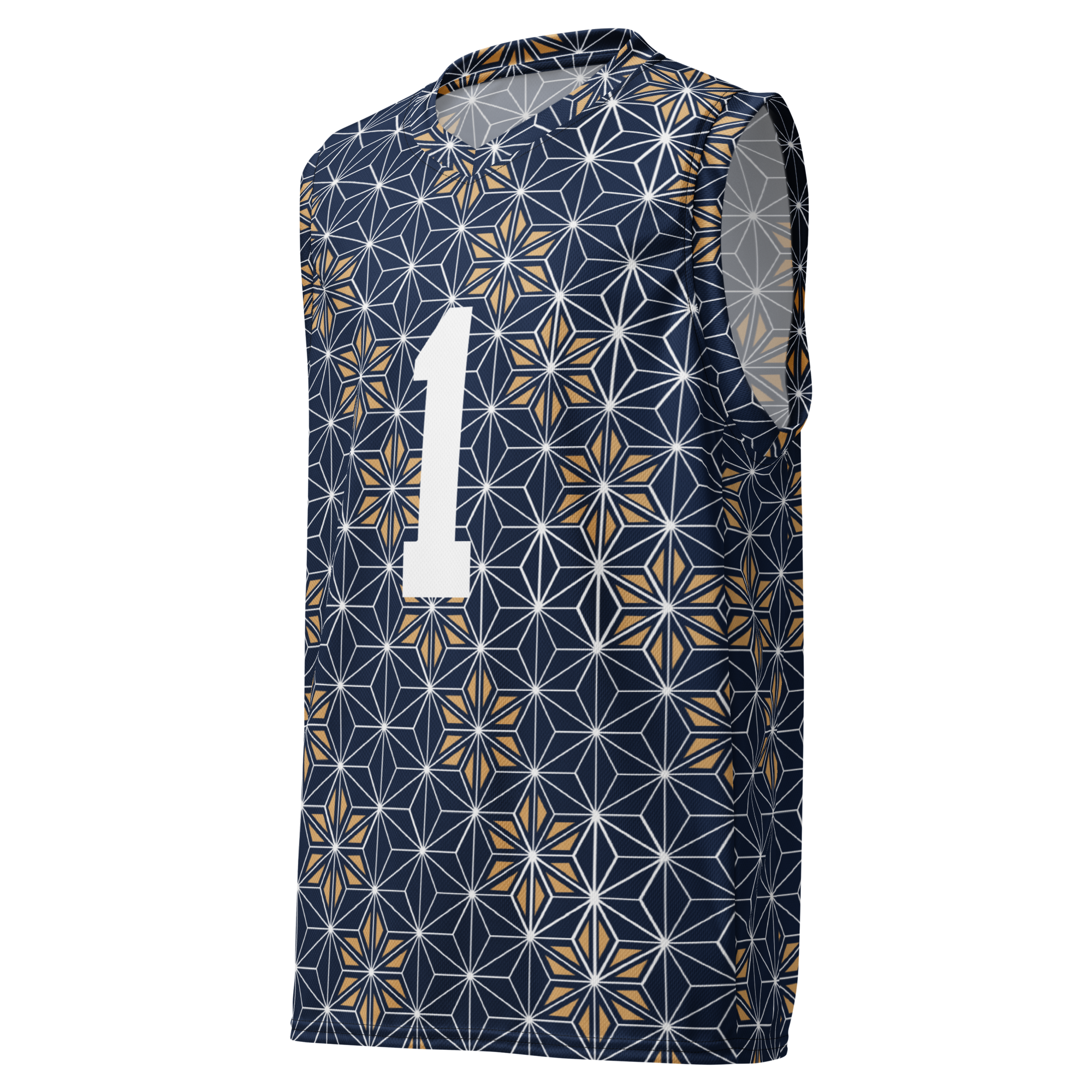


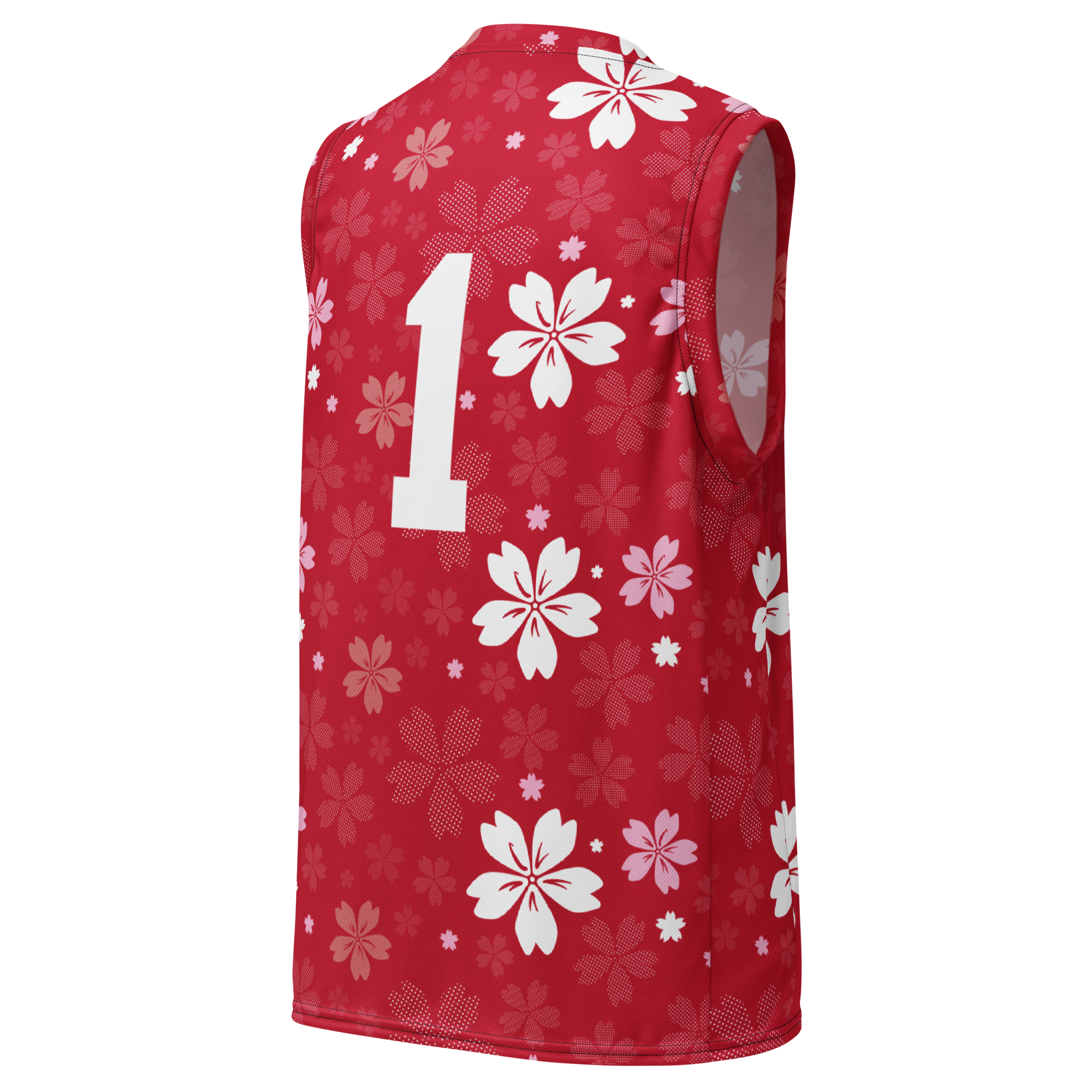
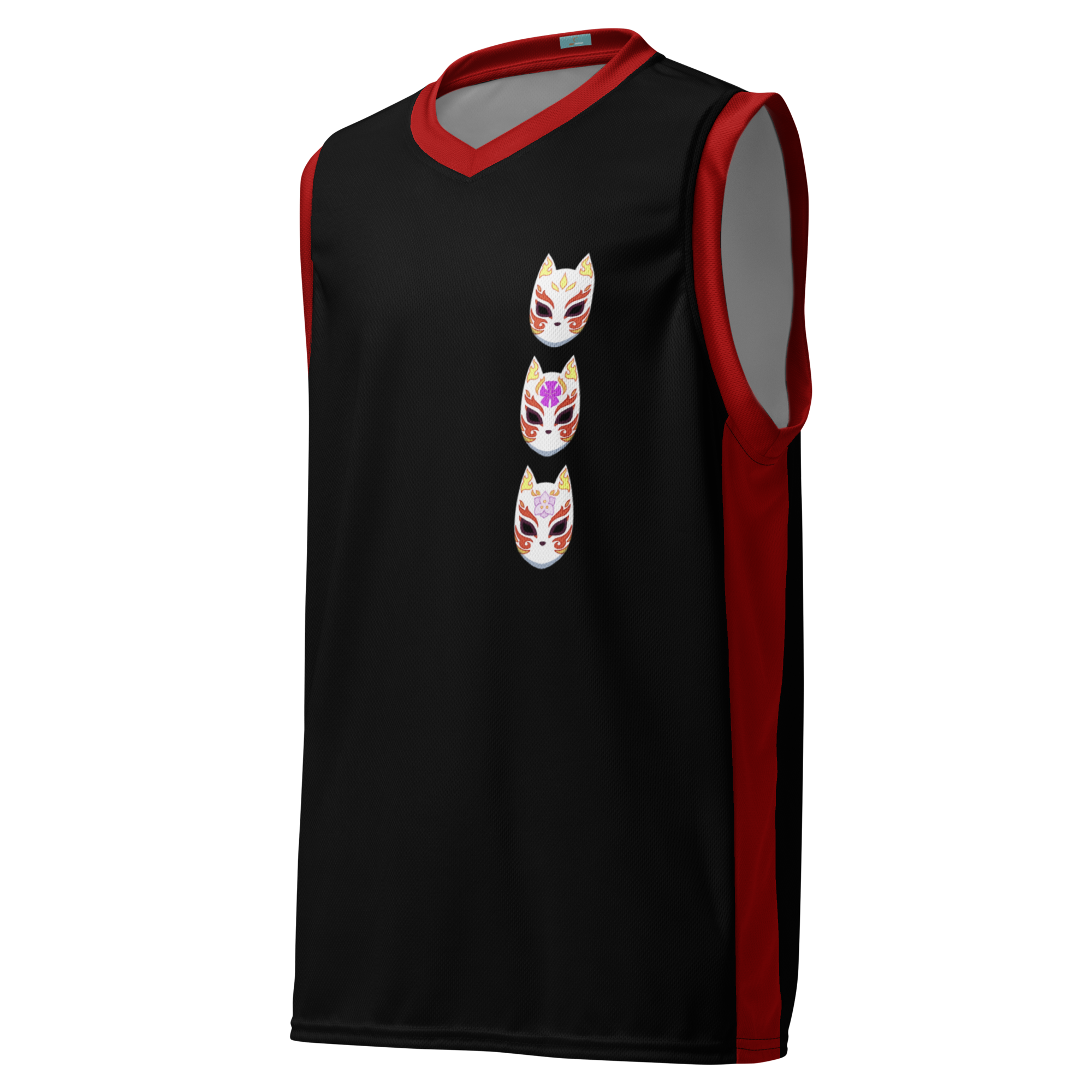

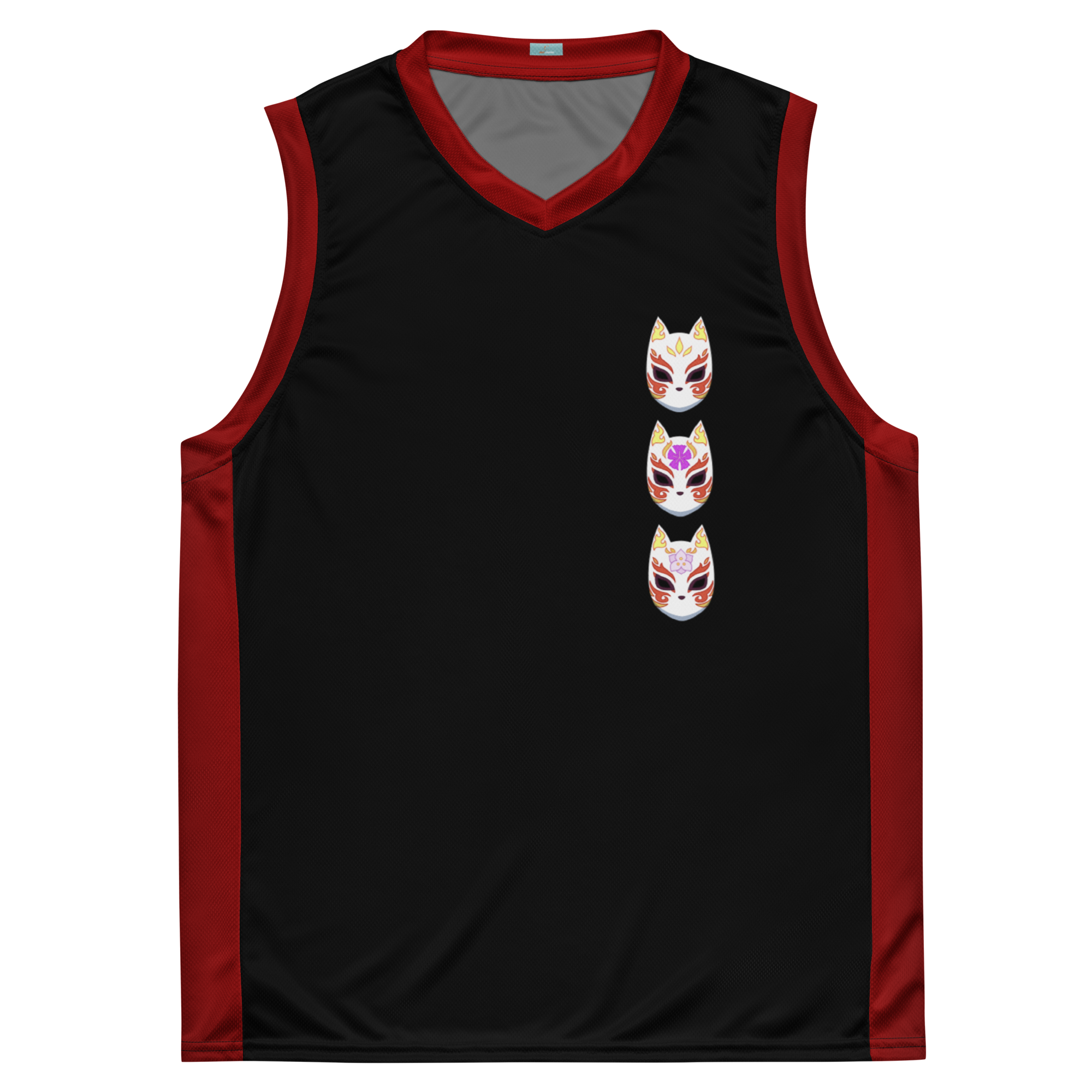

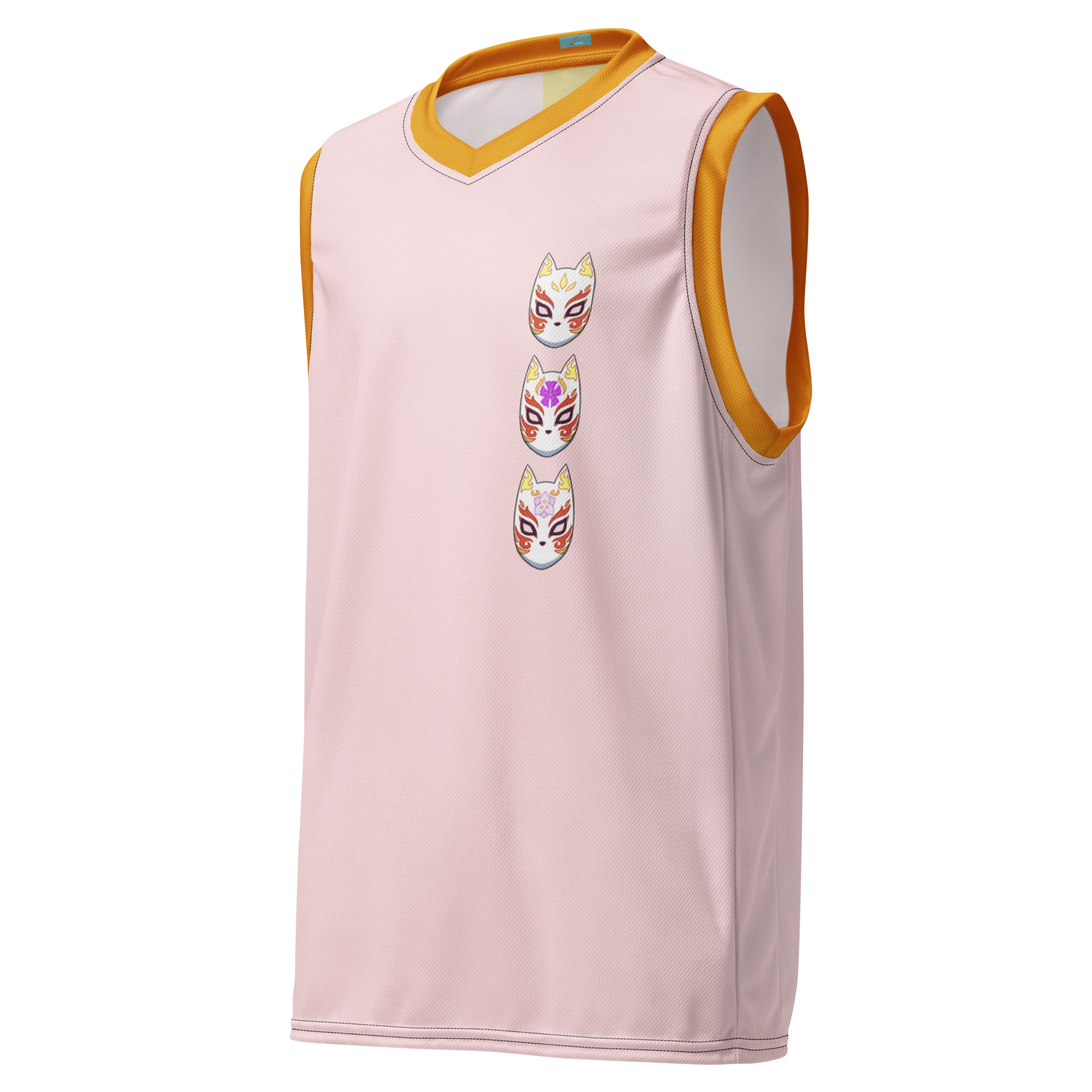
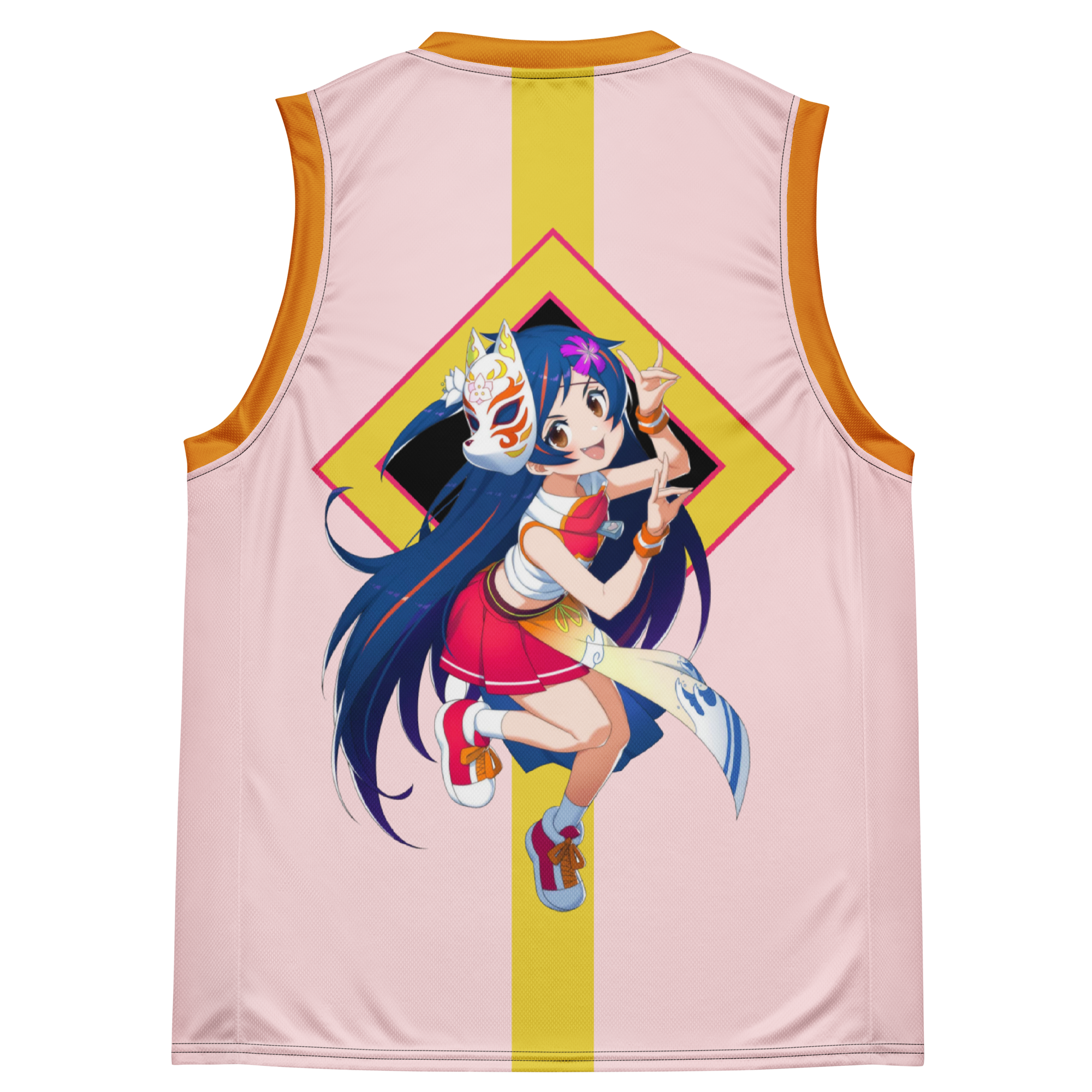
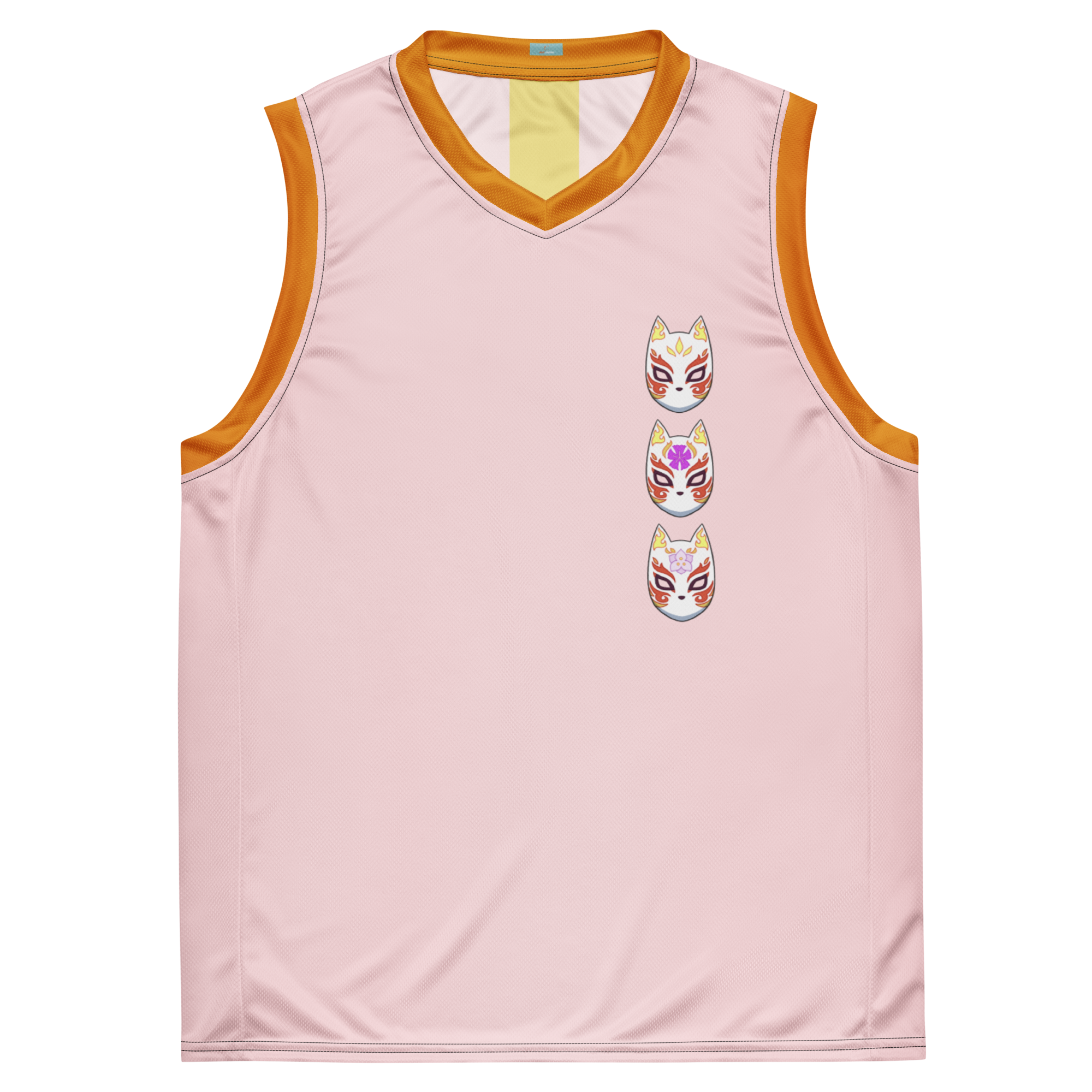
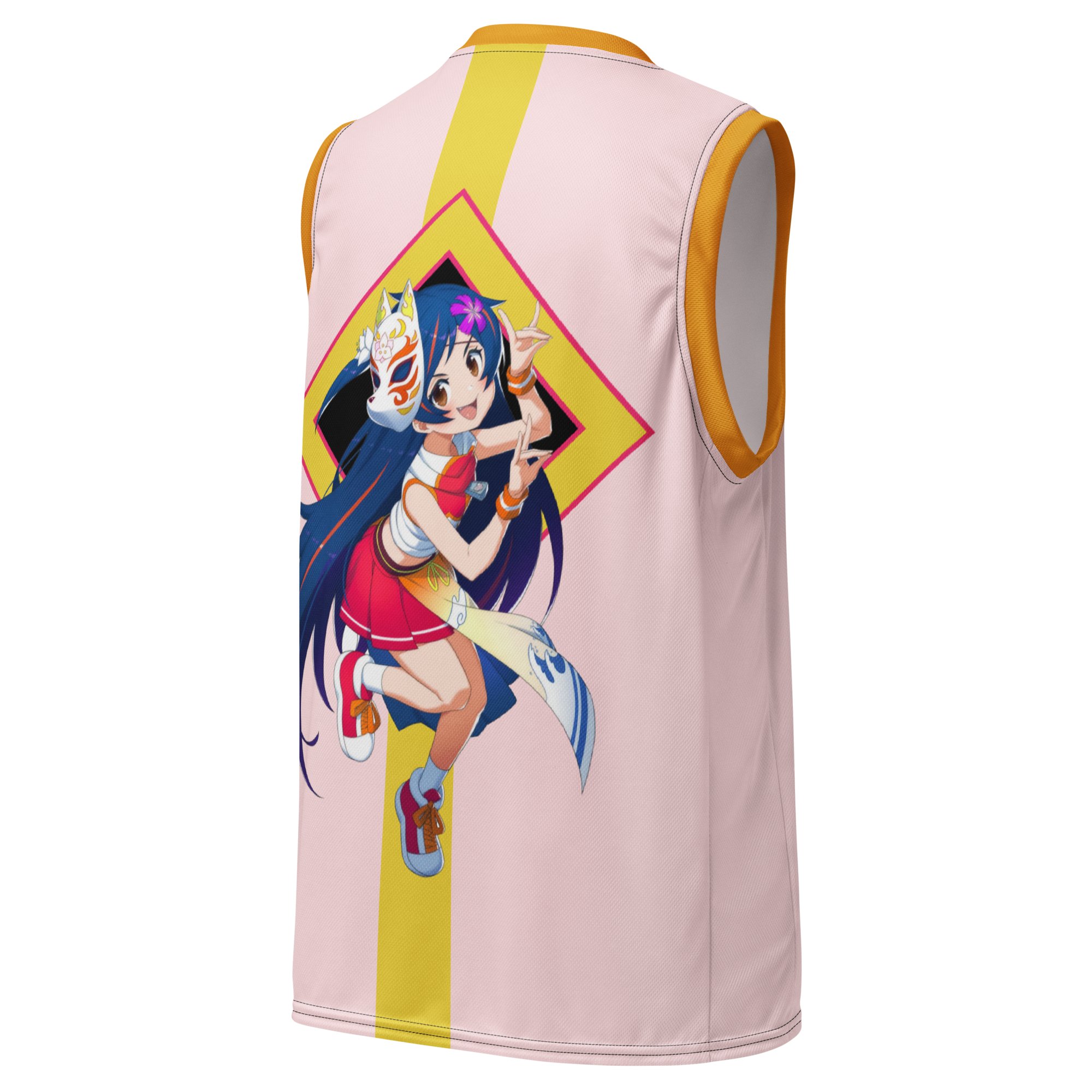
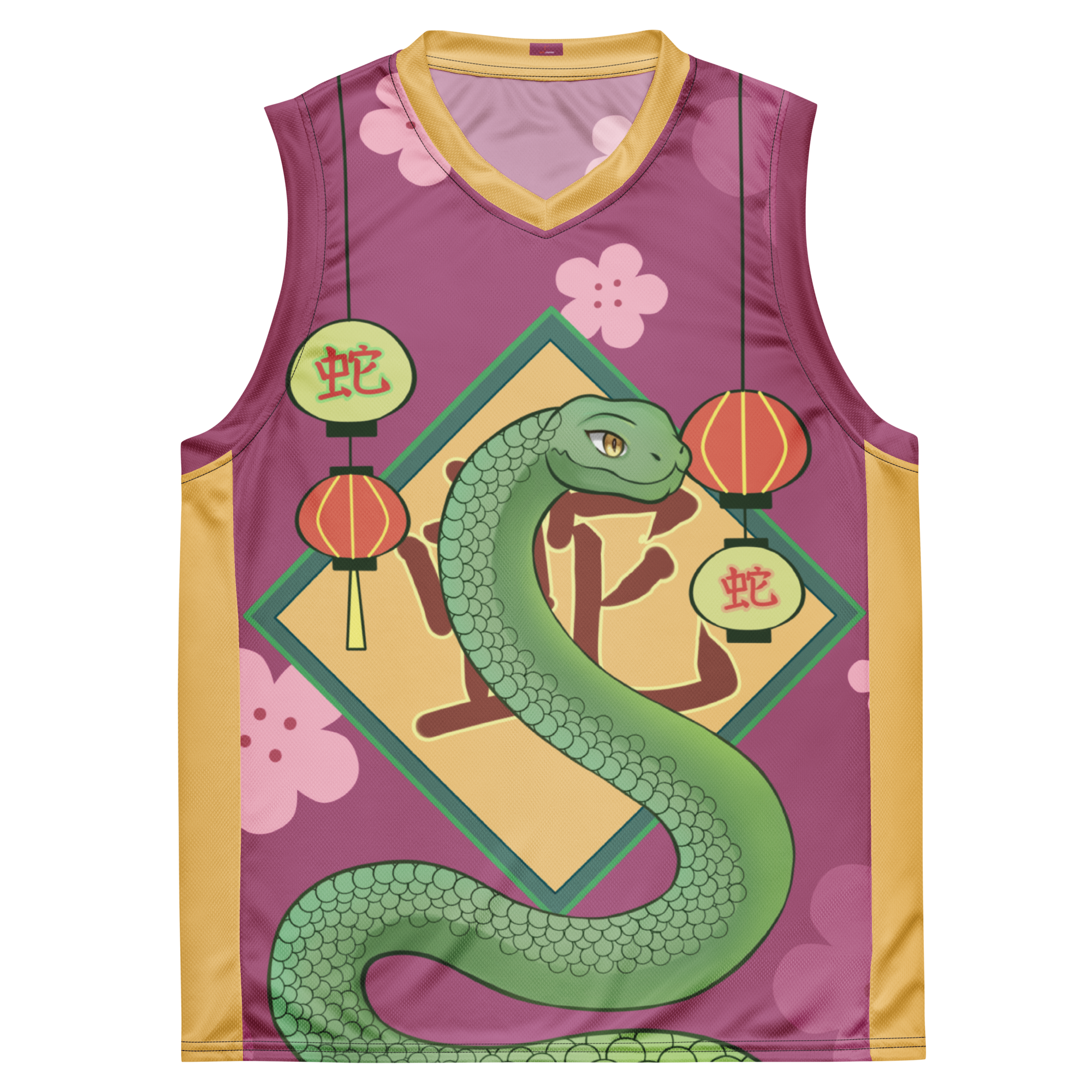
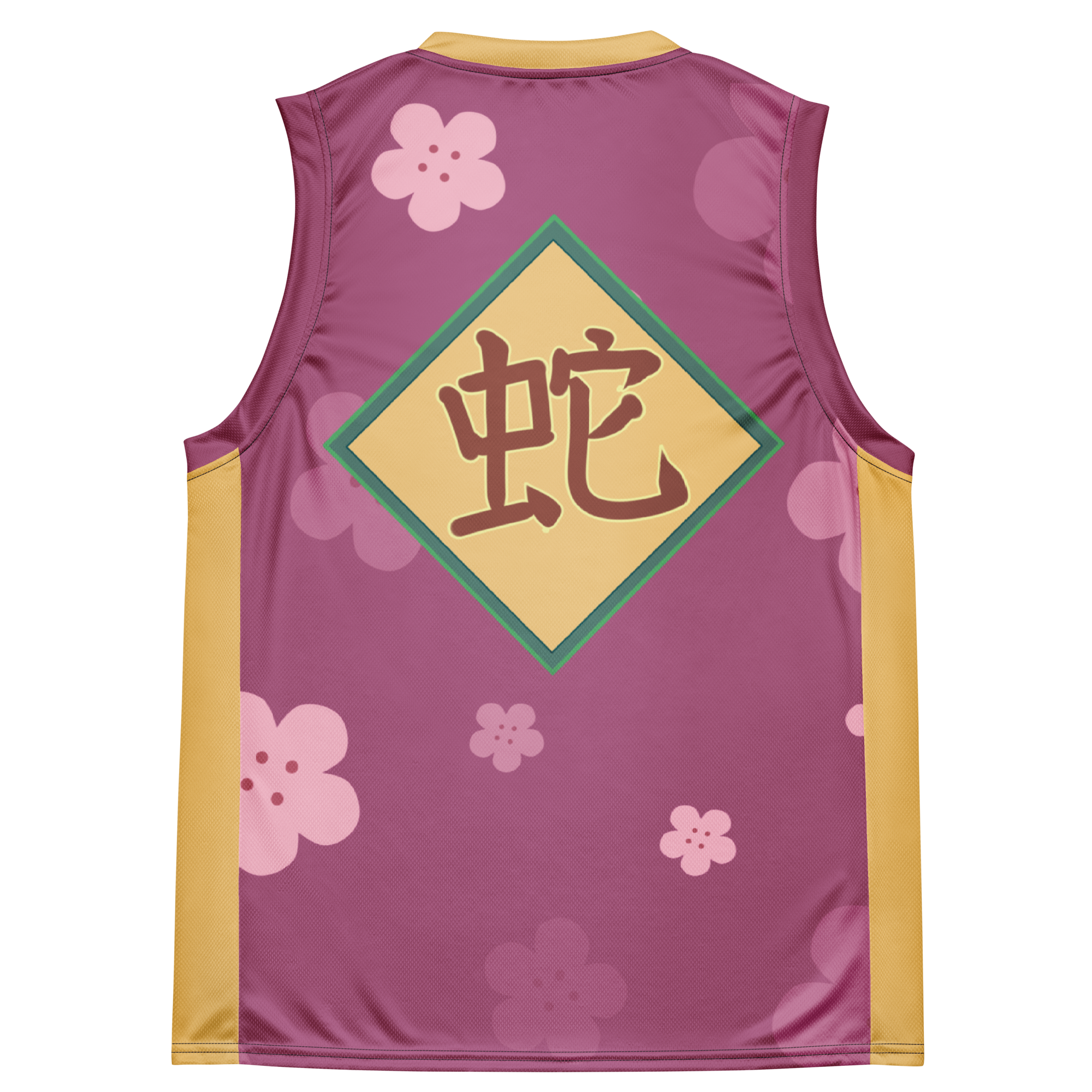
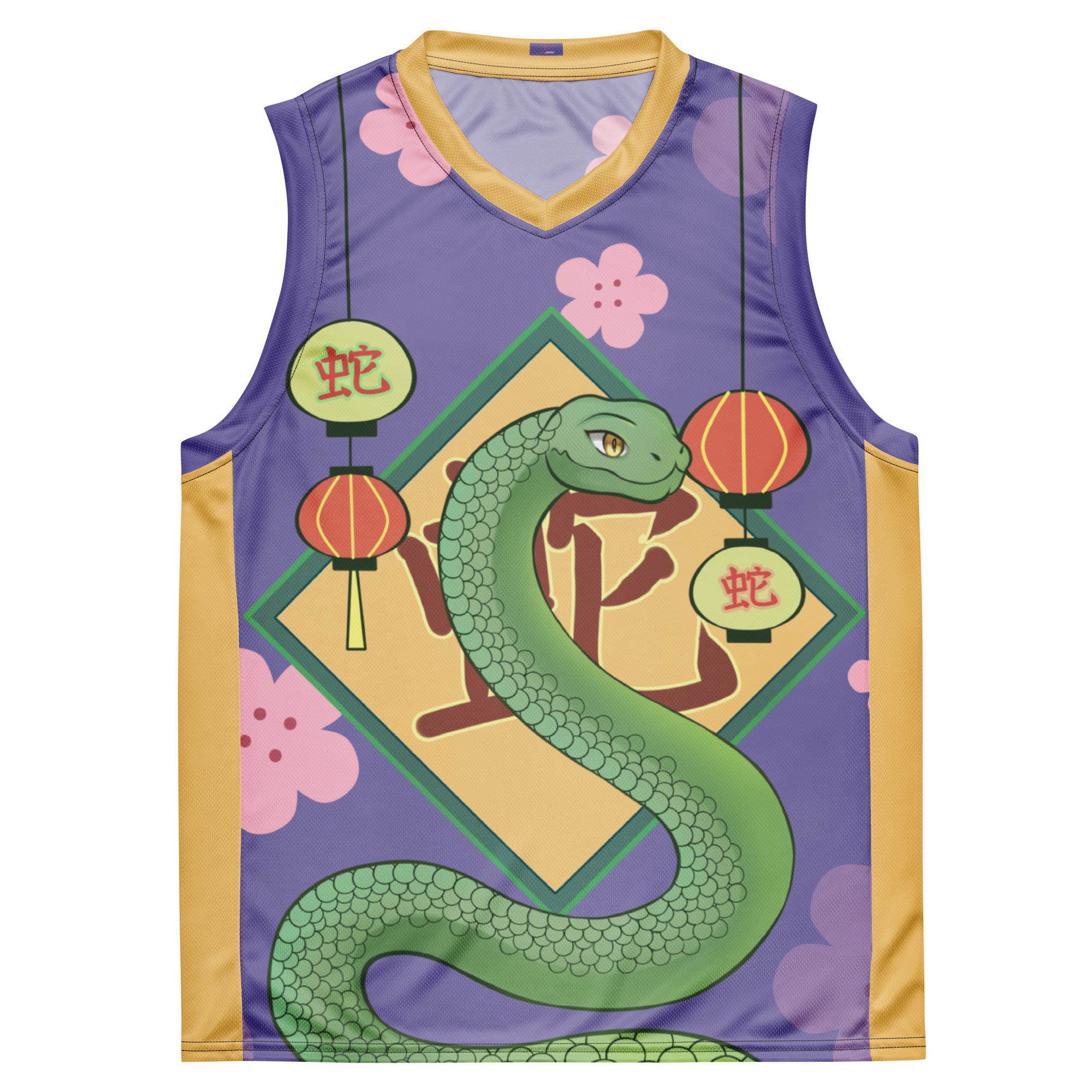
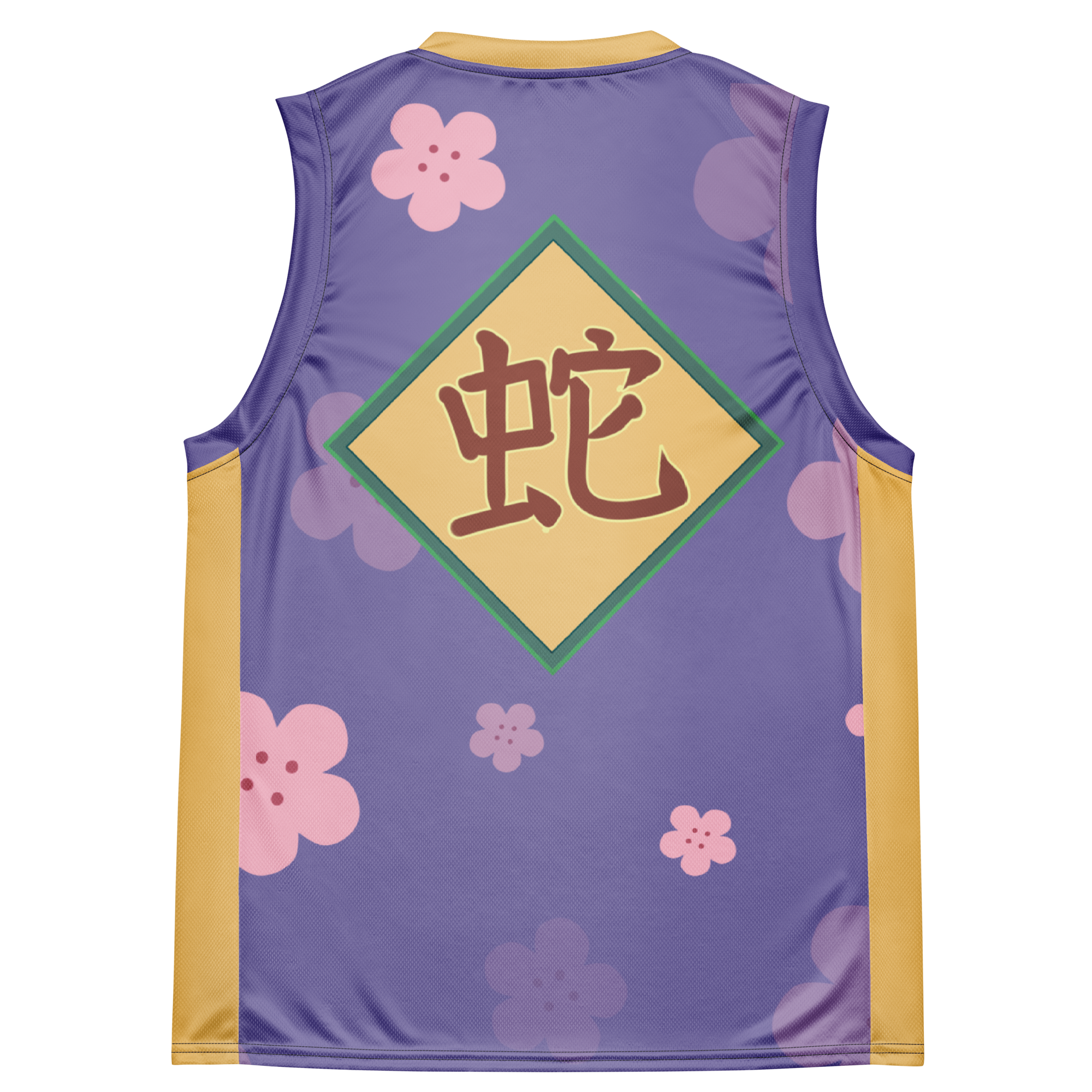
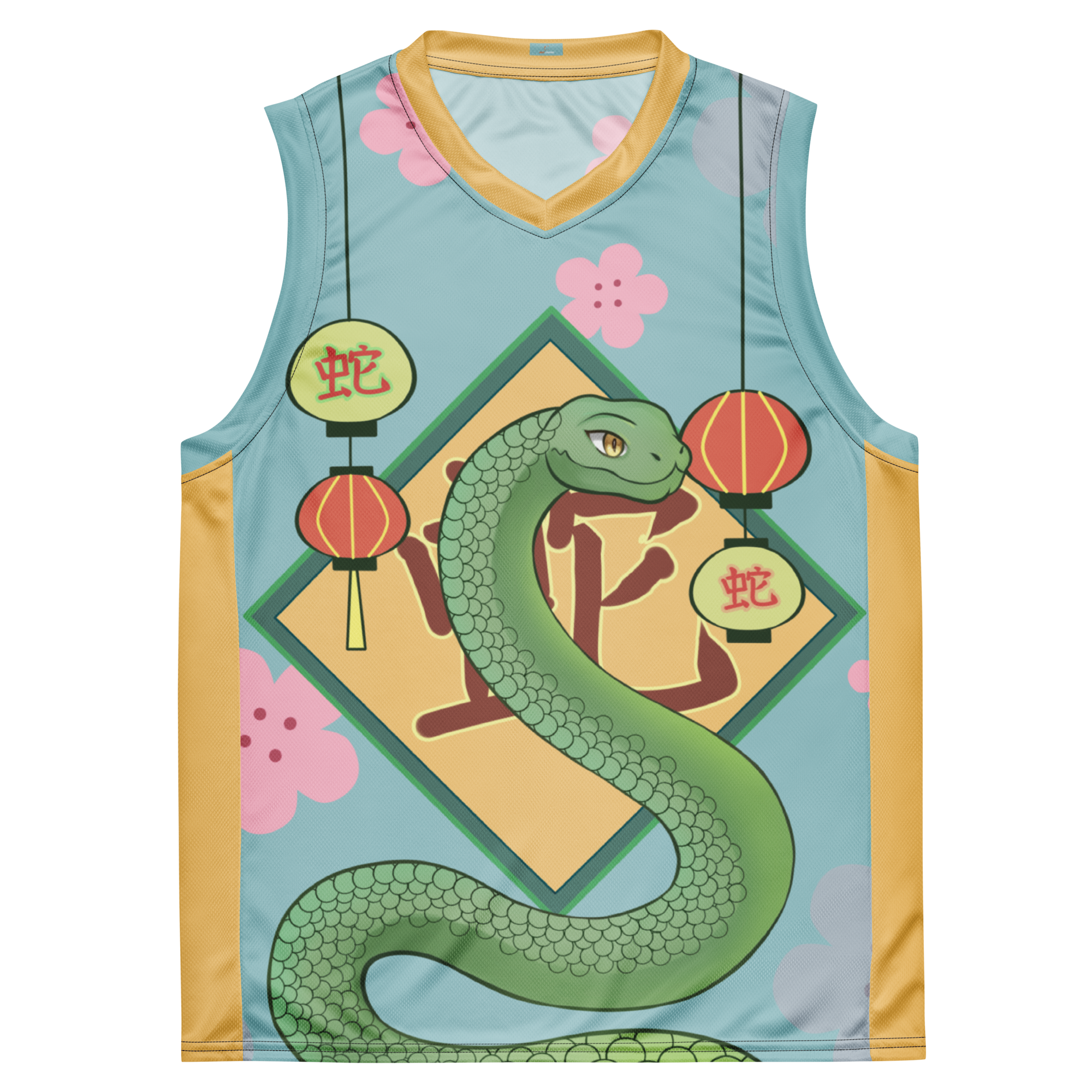
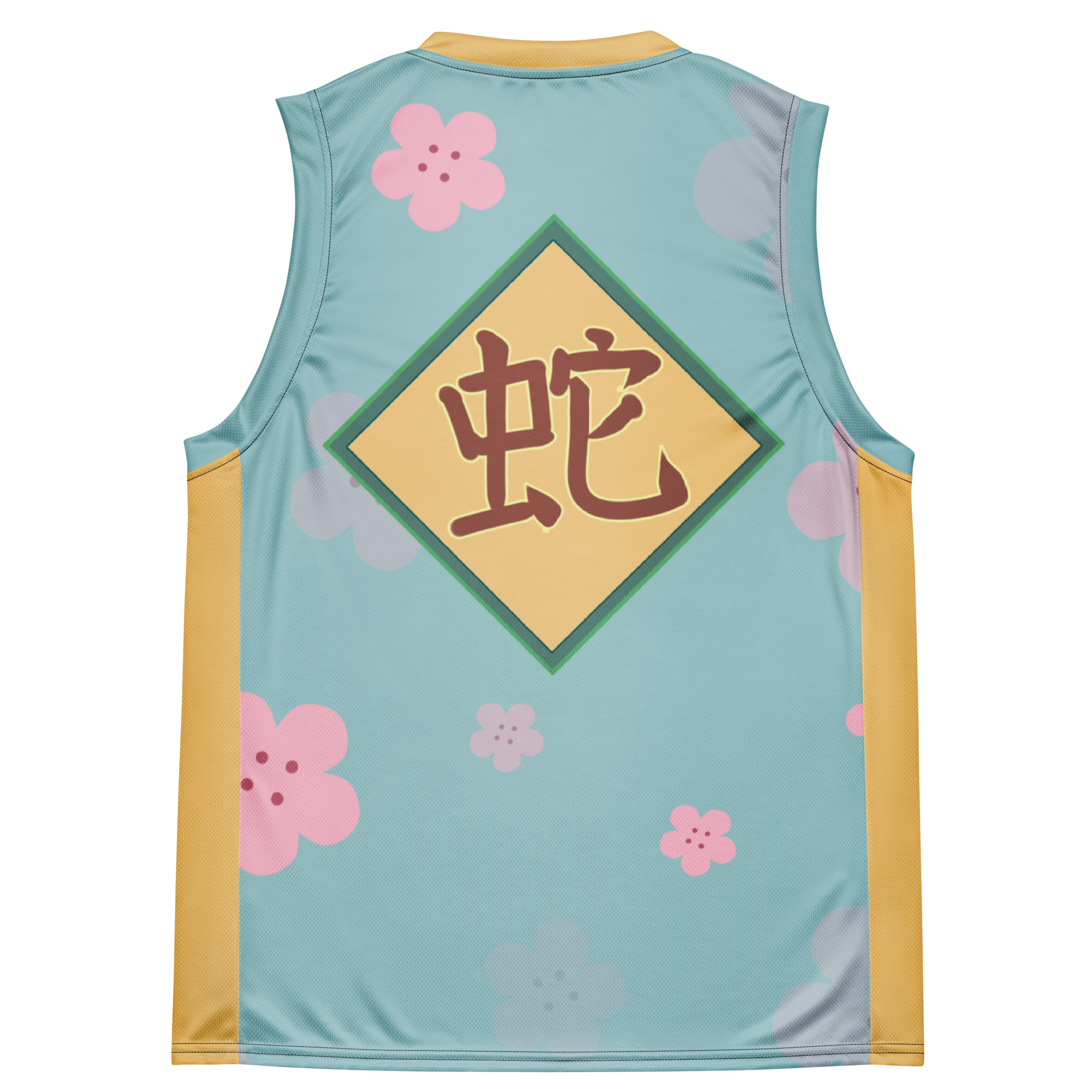
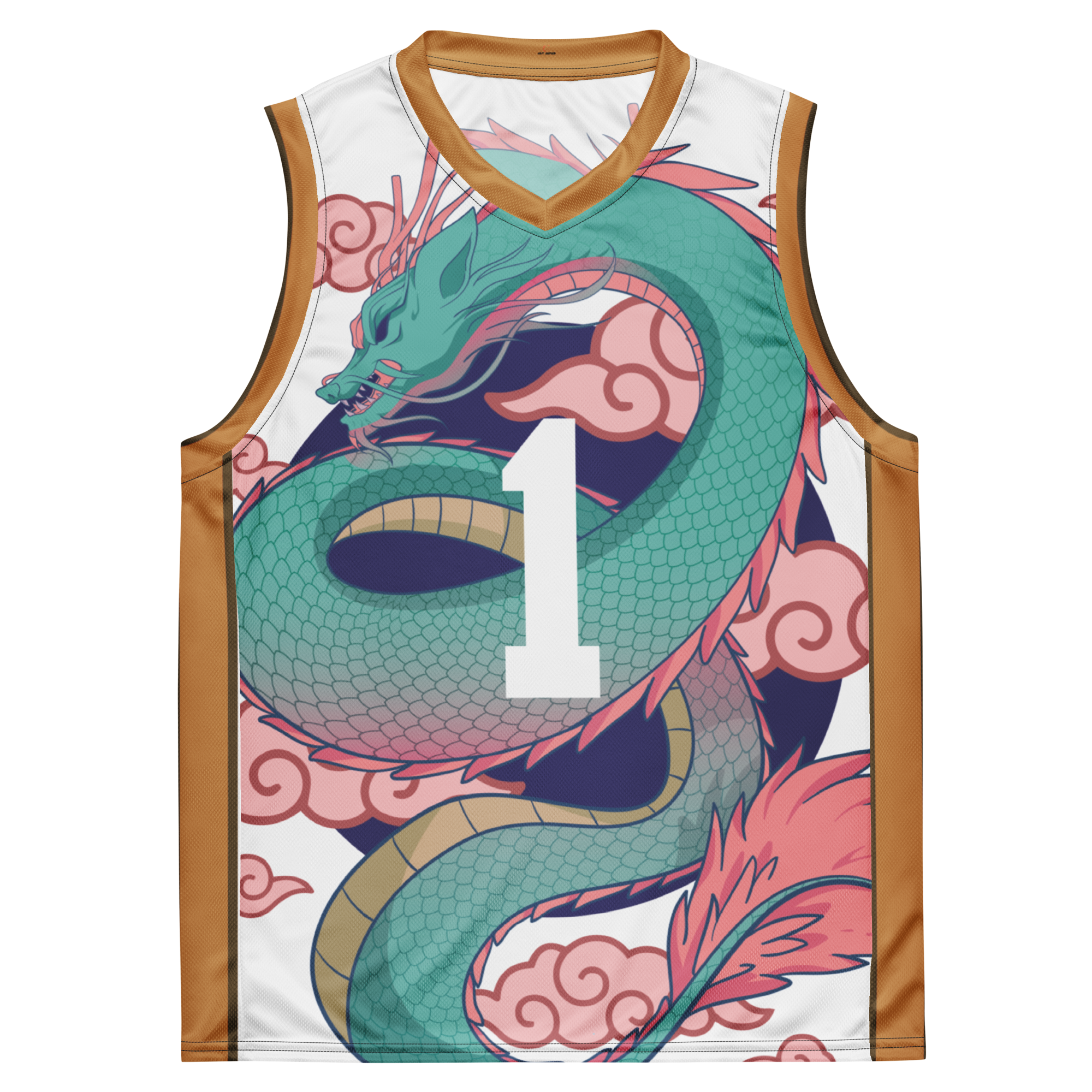
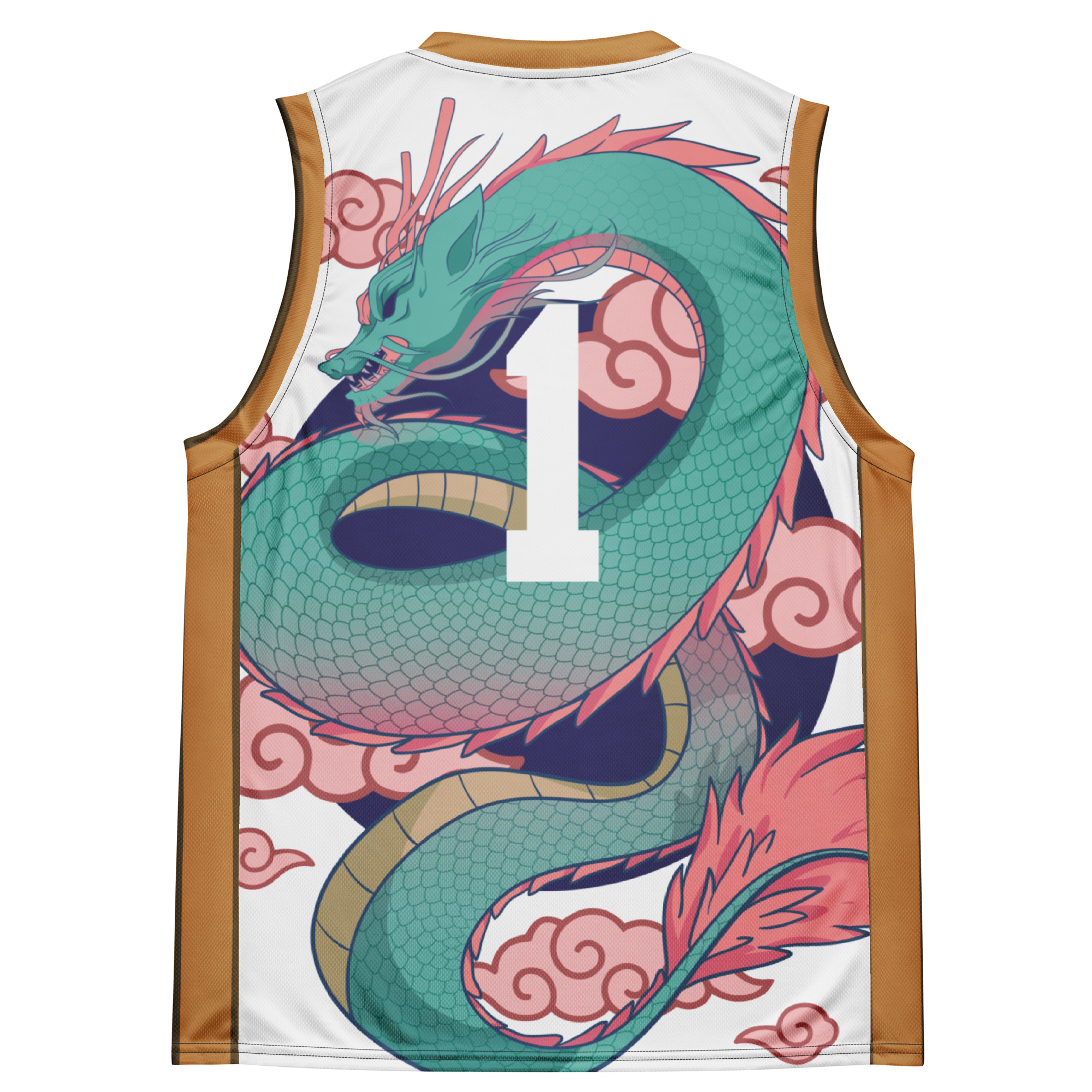
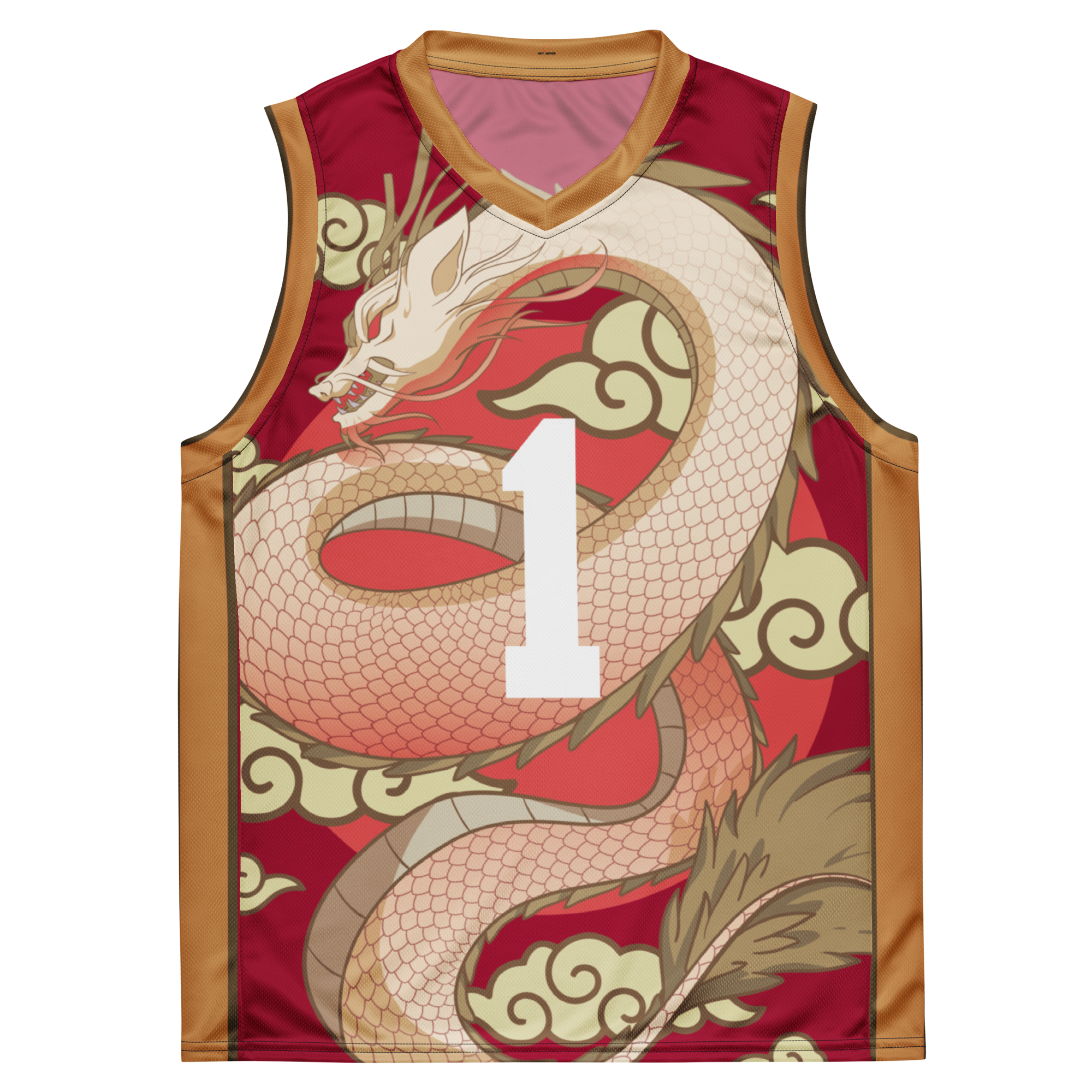
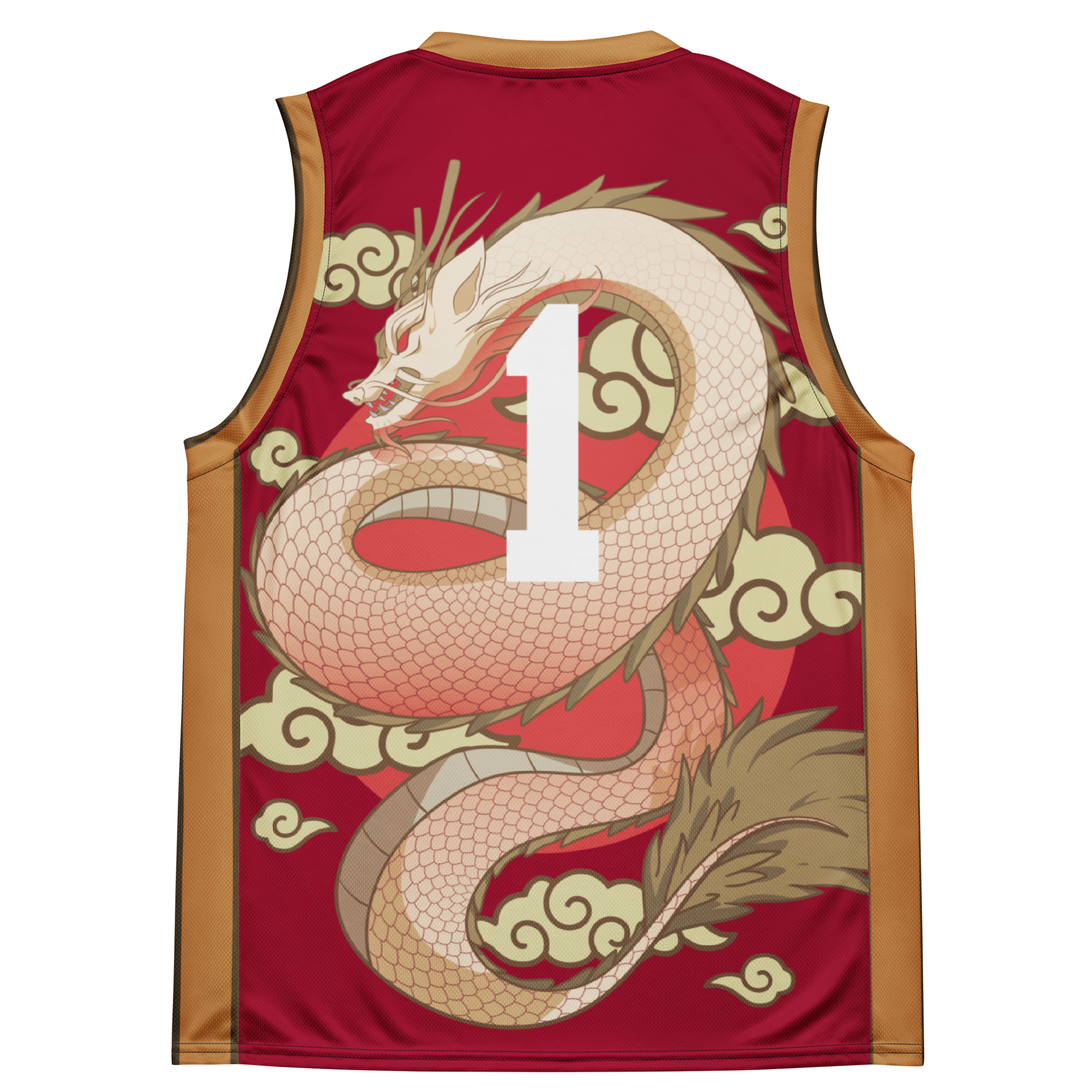
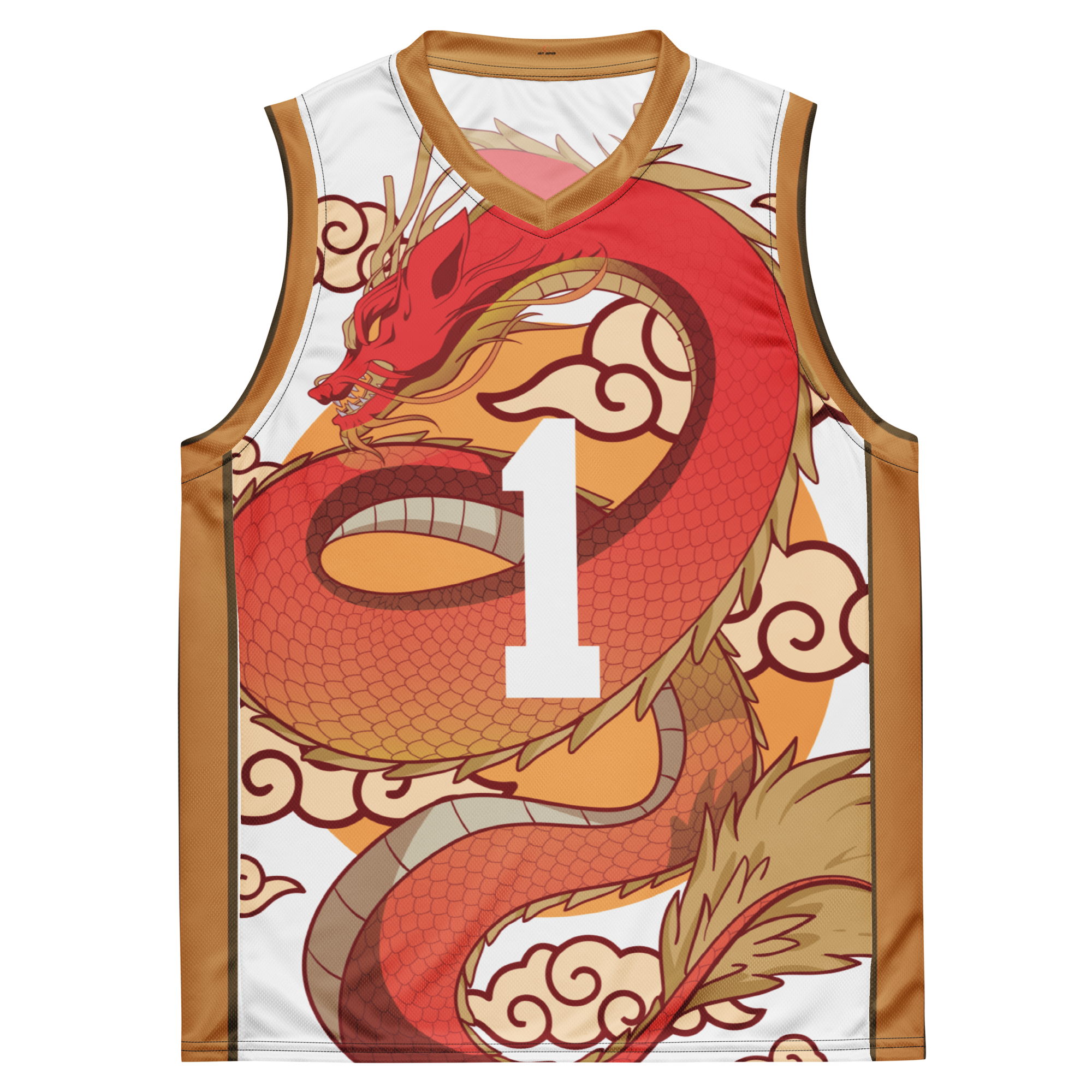
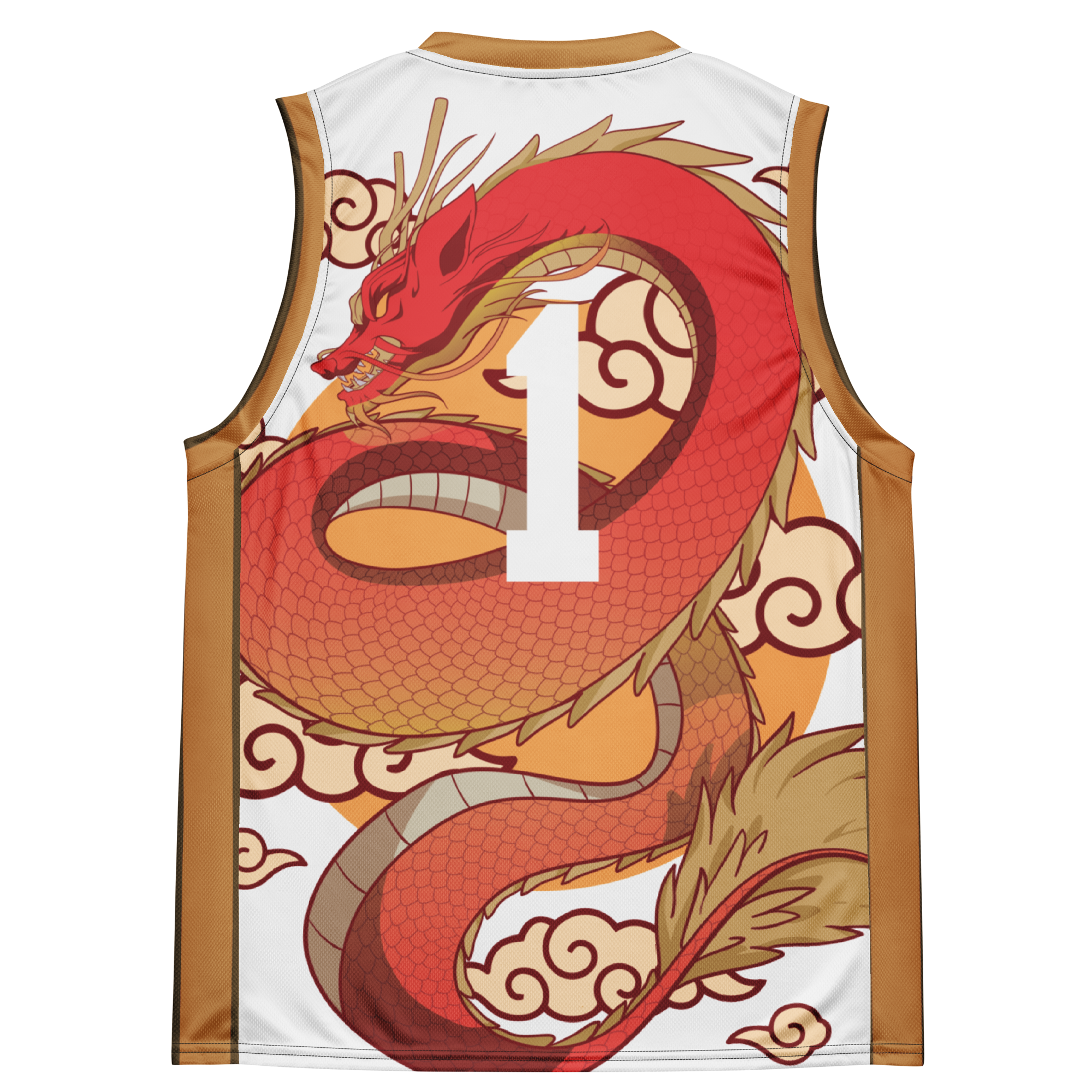
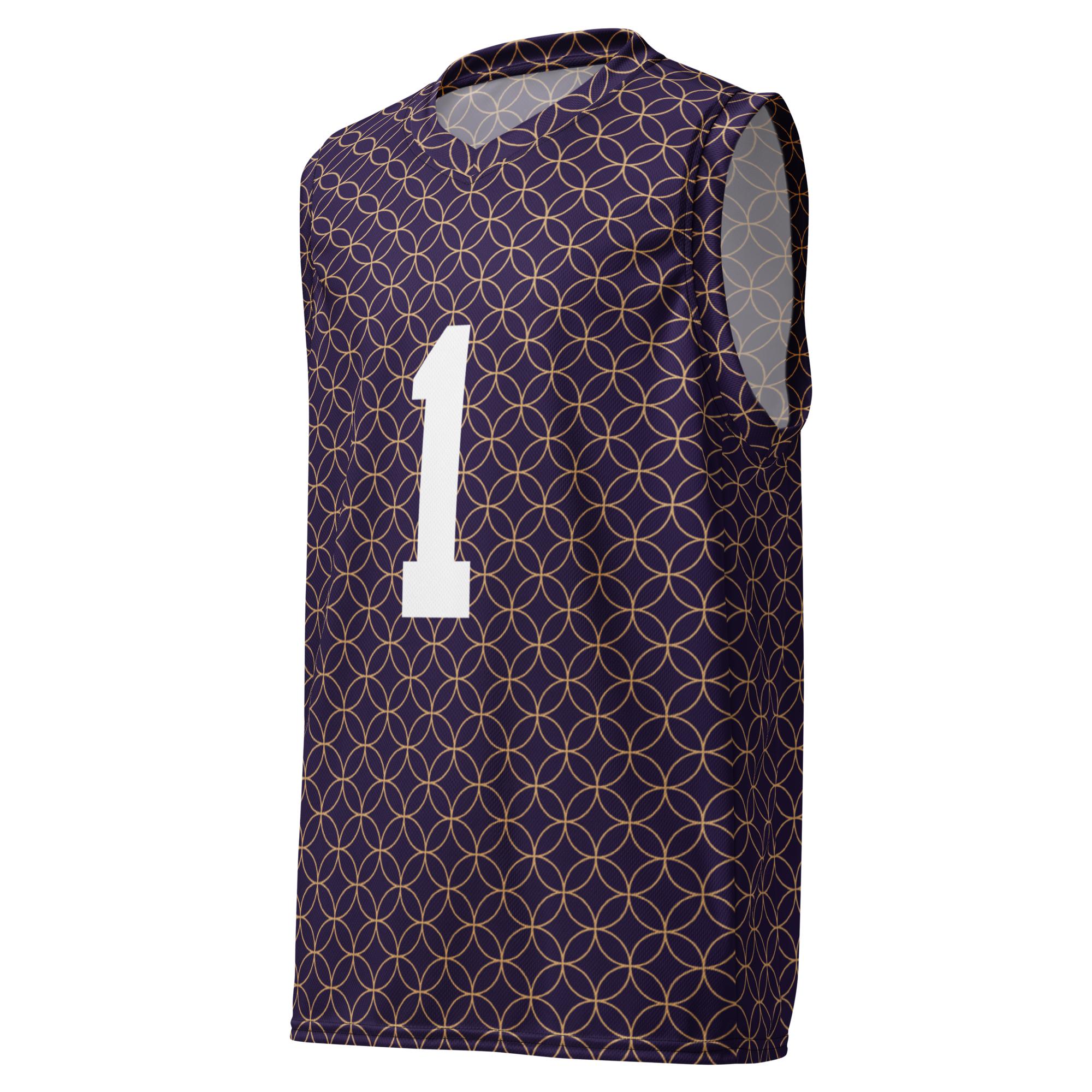
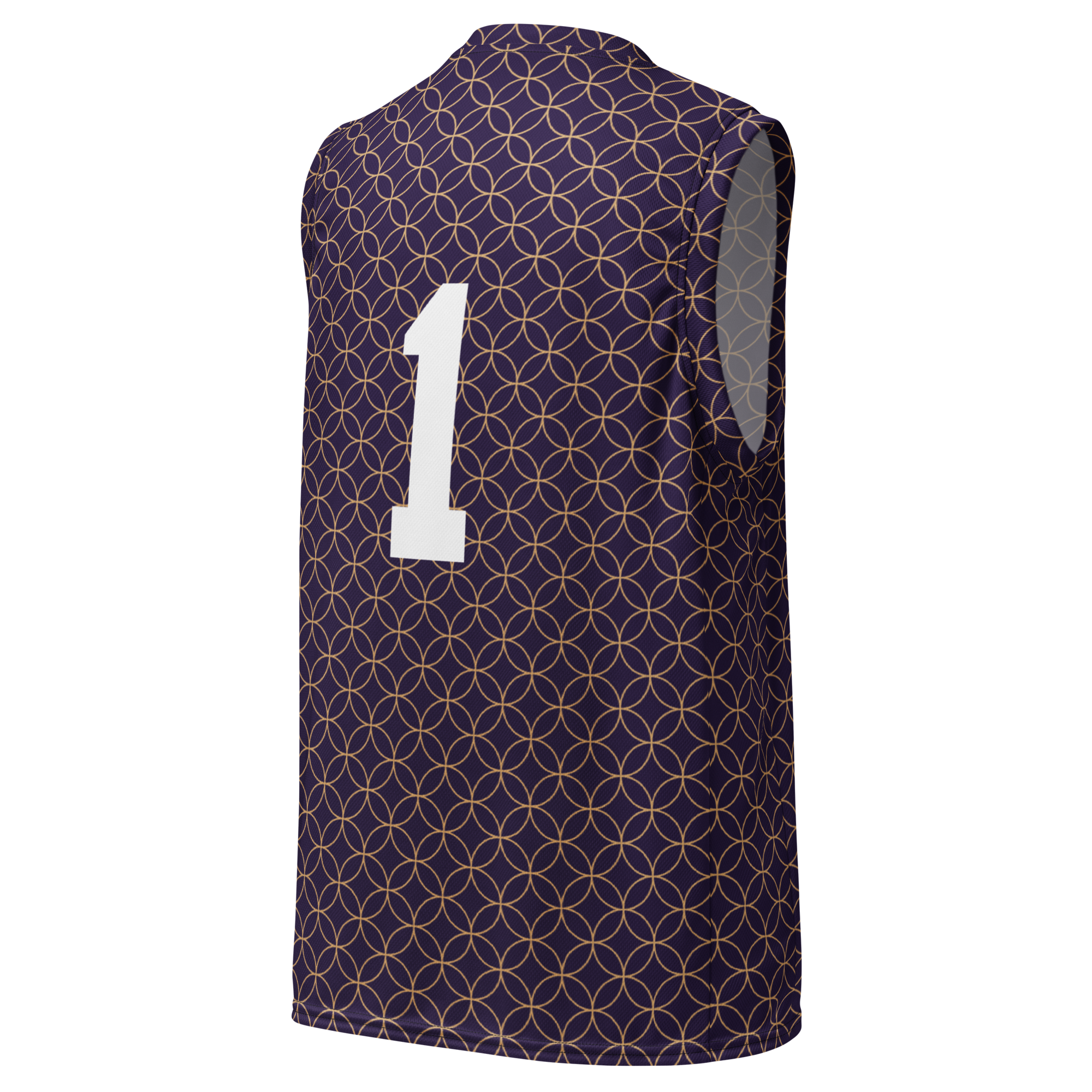
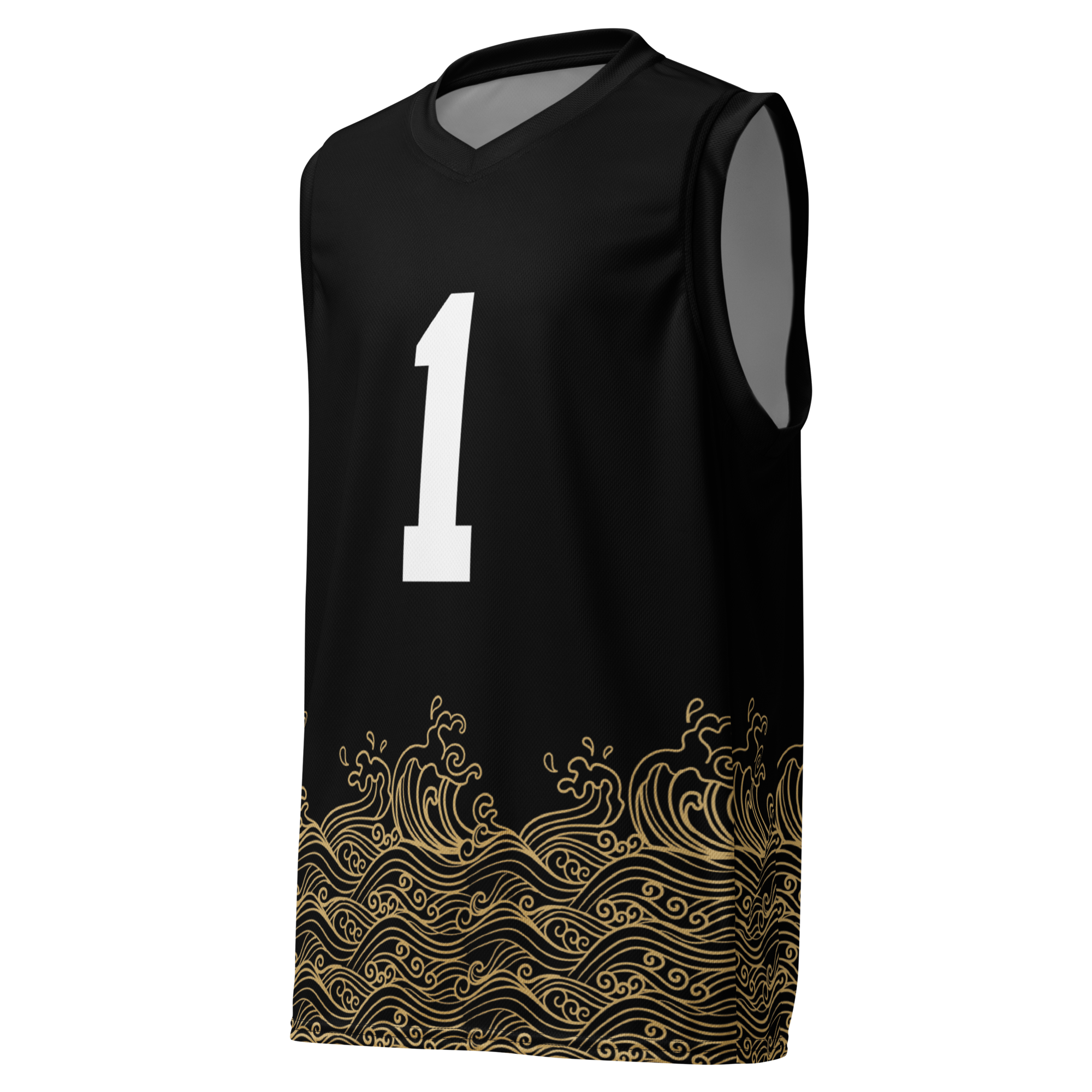
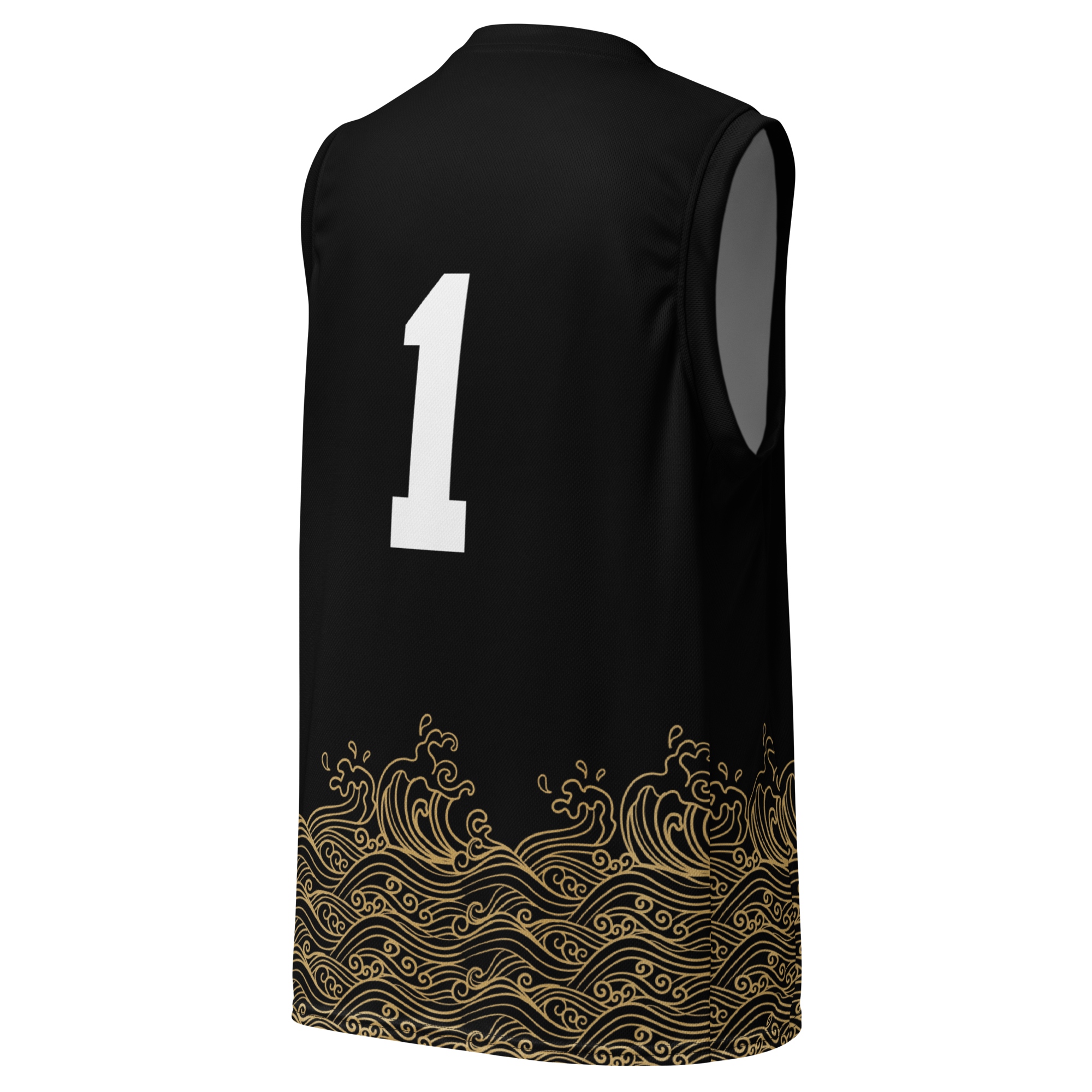


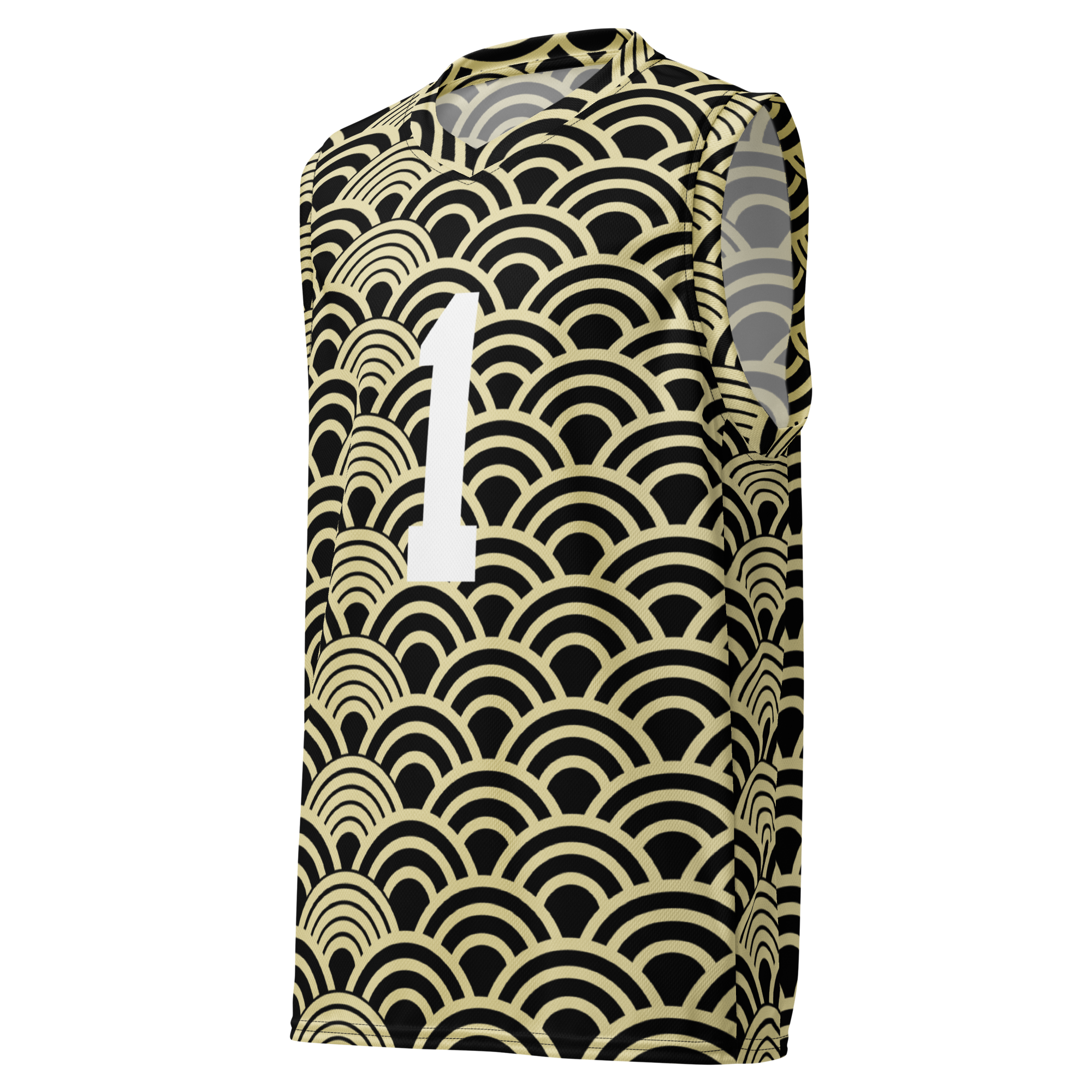
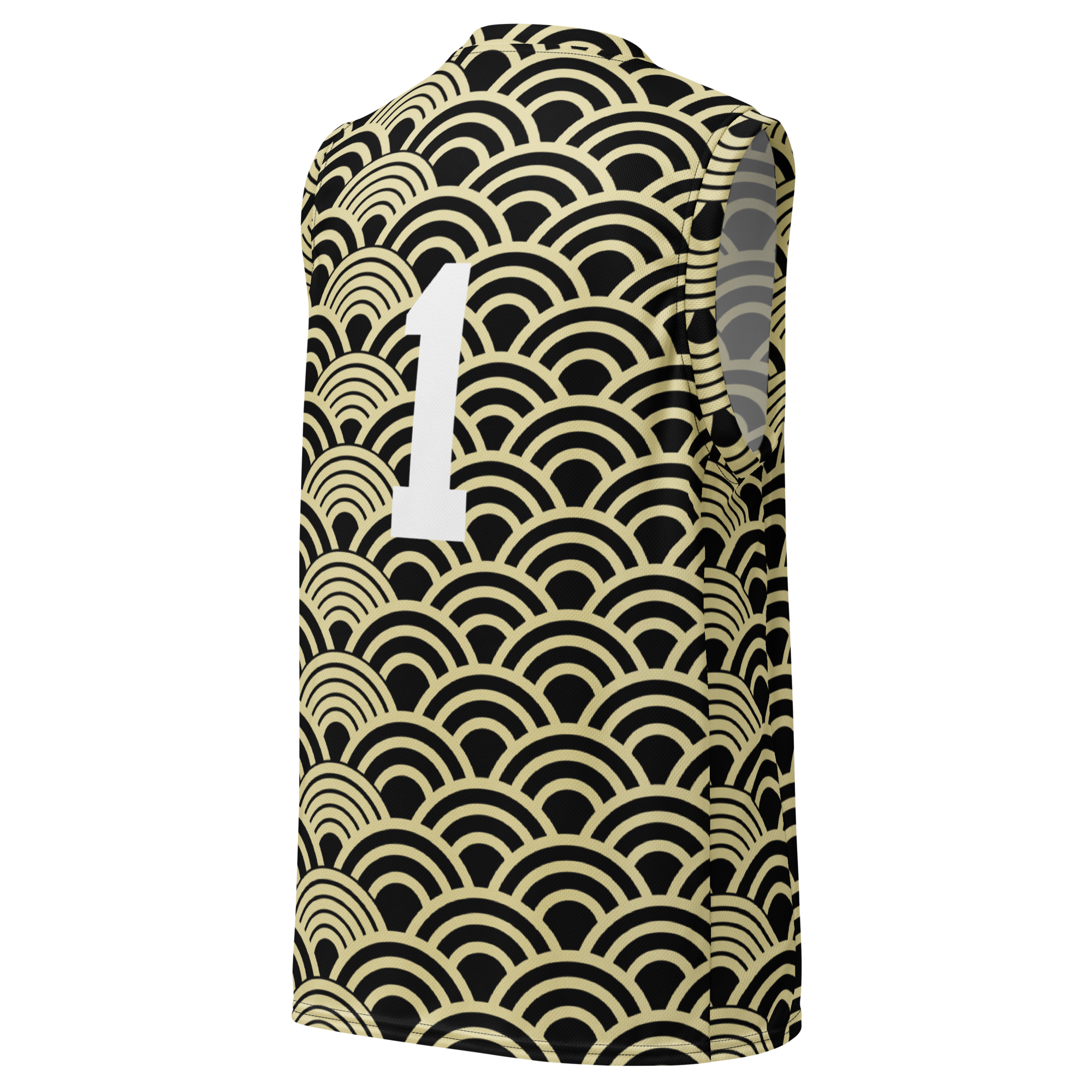
Dejar un comentario